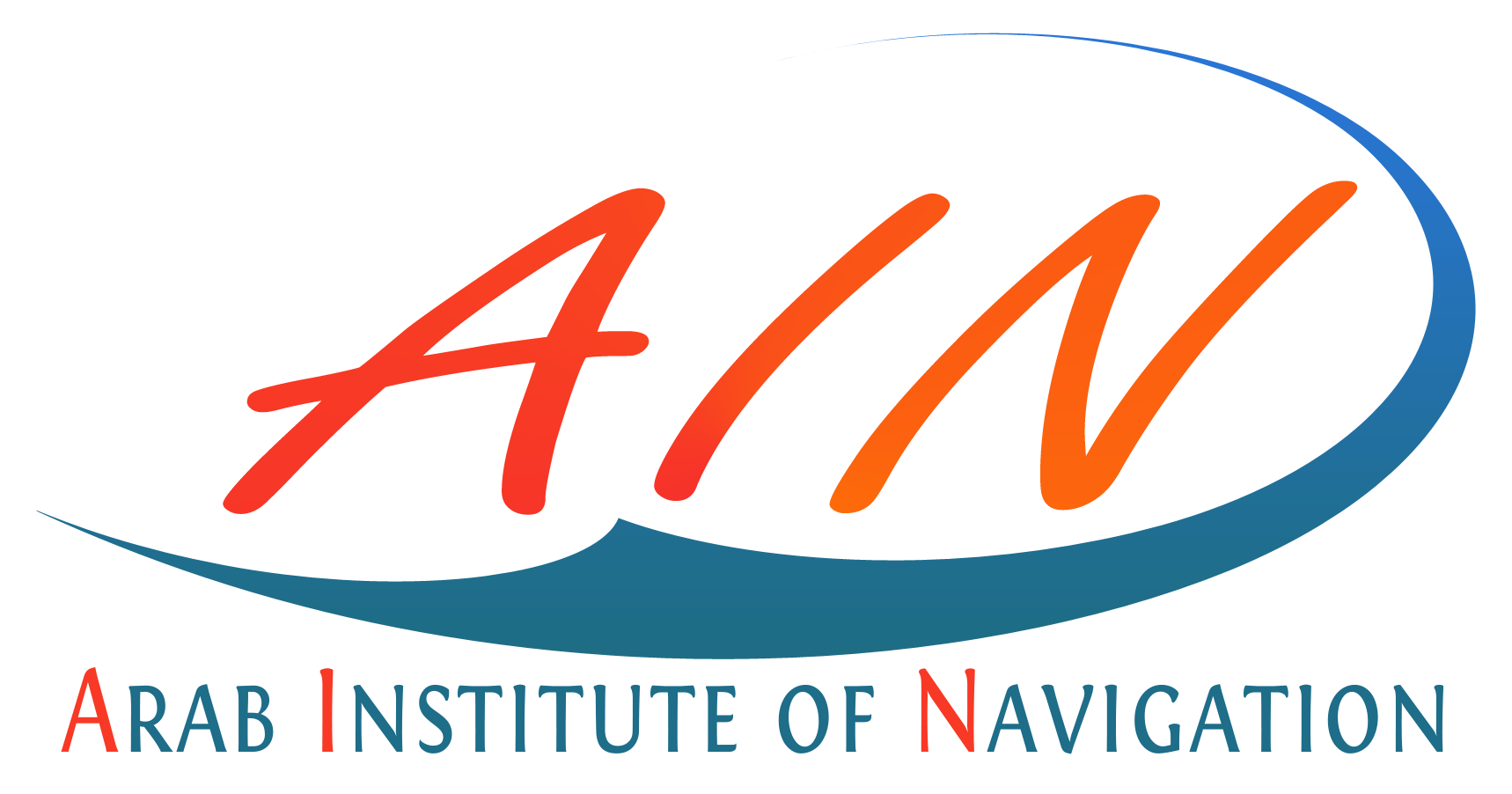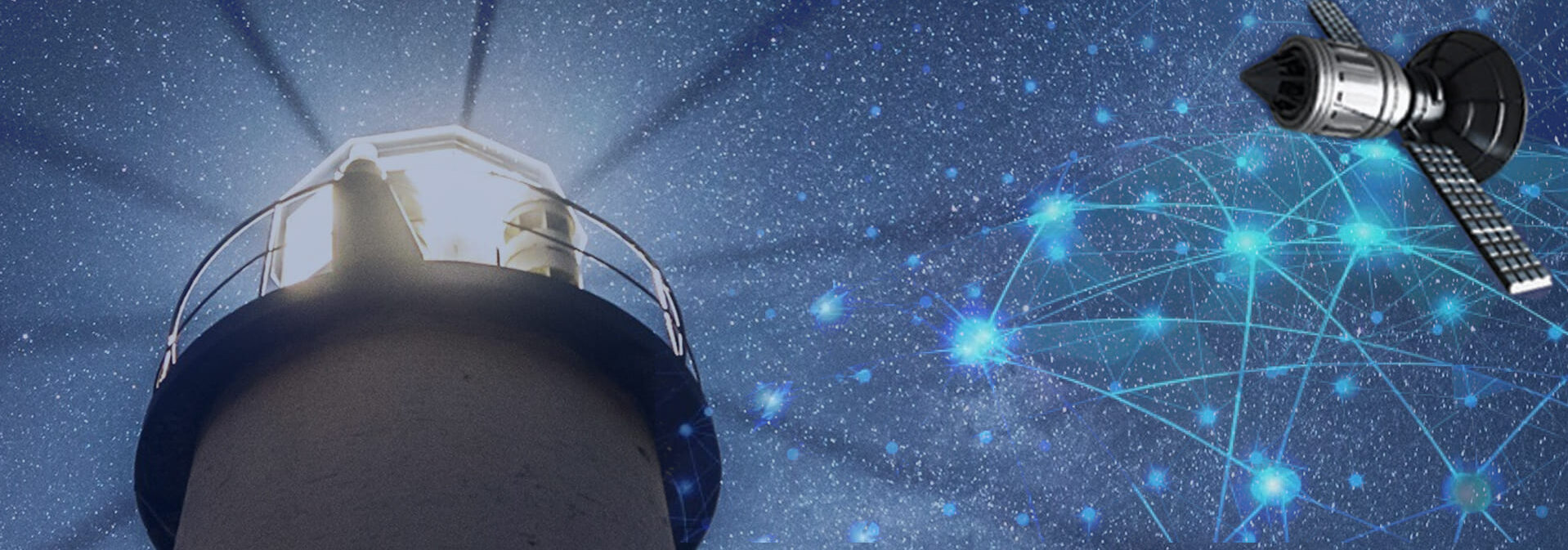| أثر تطبيق الإدارة الإستراتيجية فى تطو ير الشركات الملاحية |
| مروان شوقى سعد، أحمد كسار |
| DOI NO. https://doi.org/10.59660/49141 Received 26/06/2024, Revised 25/07/2024, Acceptance 30/08/2024, Available online 01/01/2025 |
المستخلص:
تهدف الدراسة إلى مناقشة سبل تطوير الشركات الملاحية من خلال تطبيق الإدراة الإسترايجية، لضمان بقائها وإستمراريتها وتنميتها على المستوى المحلى والدولى، وكذلك تحسين أداء الأسطول لتلك الشركات ليكون منافس للأساطيل البحرية التجارية على مستوى العالم، ويمتلك القدرة على التطوير والتحديث بشكل مستمر ومواكب للتغيرات العالمية.
حيث تم إستعراض مفاهيم وأسس الإدراة الإستراتيجية وعملياتها، ومدى أهمية تطبيقها لتحقيق الأهداف الإستراتيجية للشركات الملاحية، وتم عرض نموذج تطبيقى لصياغة الفلسفة الإستراتيجية لهيئة قناة السويس، ومن خلال نموذج لتحليل SWOT للأسطول البحرى التجارى المصري، وعرض وتحليل نموذج لشركة (A.P.MOLLAR MAERSK) ونتائج تطبيقتها للإدراة الإستراتيجية، ومن خلال تحليل نتائج الإستبيان بإستخدام البرنامج الإحصائى SPSS للمعرفة مدى الترابط بين الإدارة الإستراتيجية وأثرها على أسطول الشركات الملاحية المصرية، أتضح من نتائج التحليل إلى أن الإدارة الإستراتيجية لها دور هام في مستقبل الشركات الملاحية من خلال تحقيق أهداف المنظمة على تحقيق الأرباح و تحسين جودة الخدمات و زيادة الكفاءة والفعالية للأداء، ودورها الرئيسي في بناء وتشغيل وتطوير الأسطول البحرى للشركات الملاحية وجعلها في حالة توازن مع البيئة المحيطة.

